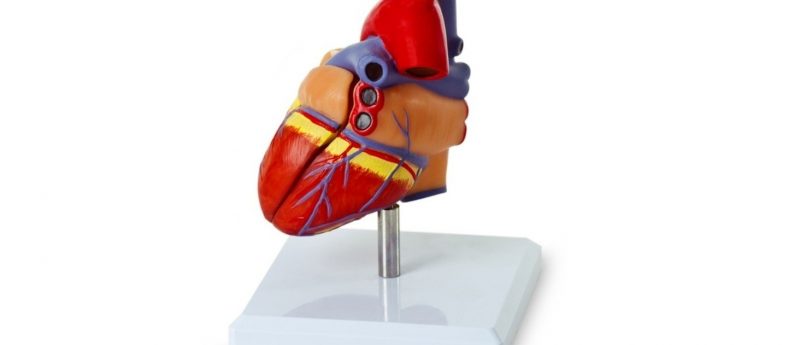Molecular findings may take us closer to regenerative therapy for heart damage

Researchers shed light on molecular mechanisms behind heart cell development
Researchers from the University of Aberdeen (UK) have expanded on previous work suggesting that artificial activation and inhibition of Wnt signalling can induce the production of heart muscle cells from stem cells. In this new study, supported by the British Heart Foundation (UK), normal Wnt signalling activity was monitored and evidence for the role of Wnt signalling in heart muscle differentiation examined.
The group hope that by improving our understanding into the molecular mechanisms in heart muscle cell development, we might move closer to the creation of therapeutic strategies capable of encouraging heart regeneration.
“During embryonic life we can make heart muscle cells but if an adult suffers from heart infarction in later life the heart muscle can’t regenerate sufficiently to repair itself. The hope is that if we understand the molecular mechanisms surrounding how this works we may in the future contribute to new therapeutic strategies to encourage heart regeneration”; explained first author Silvia Mazzotta (University of Aberdeen).
Written by Hannah Wilson
Source: University of Aberdeen News www.abdn.ac.uk/news/9969/